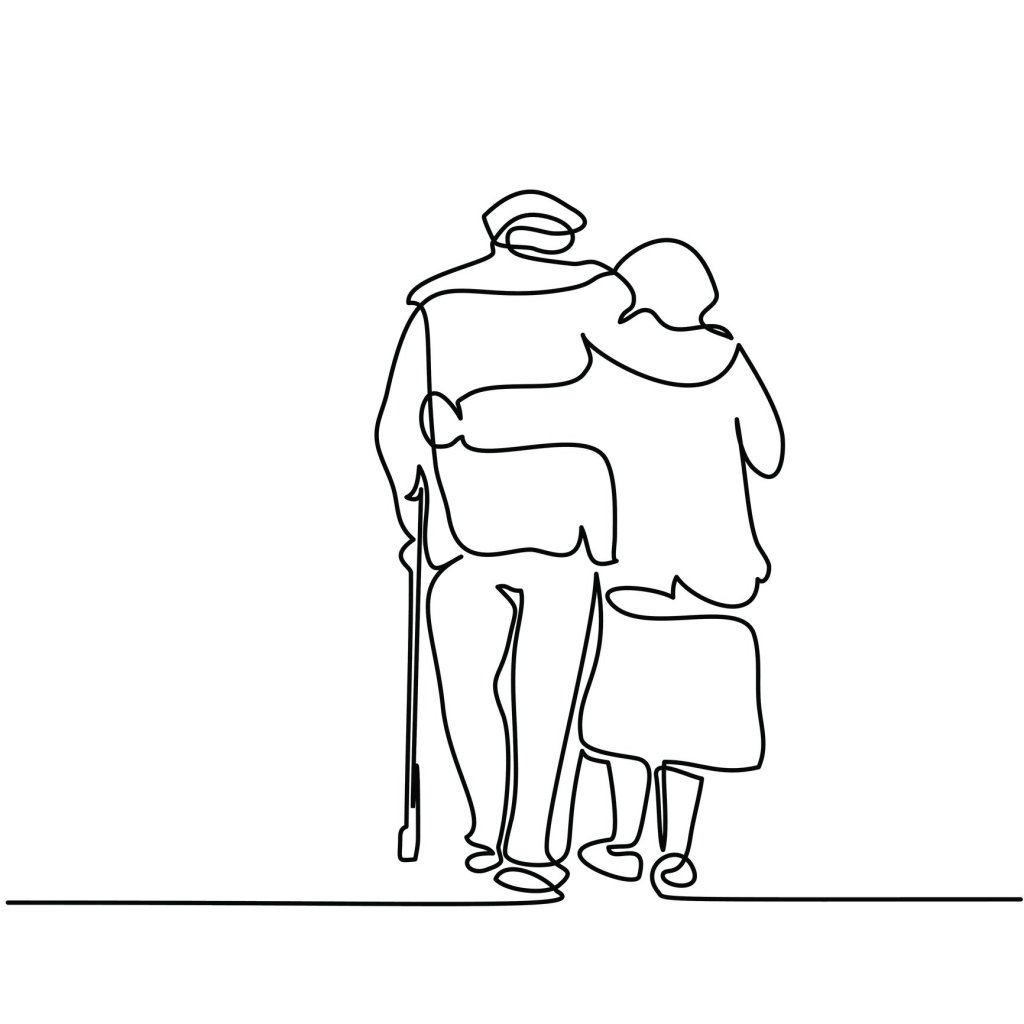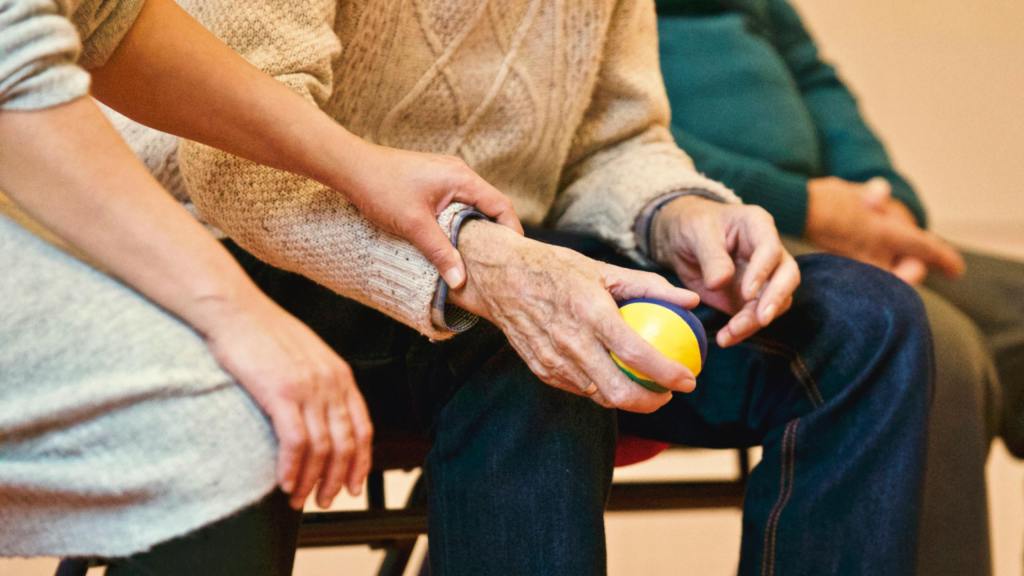
Dementia Stages: How Fast Dementia Progresses, Stages of Dementia, and More
How Fast Does Dementia Progress?
It is important to note that dementia progresses at different speeds for every person, and for different types of dementia. The most well-known form of dementia, Alzheimer’s disease, is just one specific type of dementia, and tends to have the slowest progression of all types. Some factors that affect the rate of progression include:
- Age
- Genetic factors
- Overall physical health
- Cardiovascular health
- Diabetes
- Strokes
- Repeated infections
What are the Stages of Dementia?
There are a few different systems used to grade dementia — at the most basic there is early, moderate, and end. Many providers use the system developed by Dr. Barry Reisberg of New York University which includes 7 stages. The Reisberg scale is also known as the GDS – or Global Deterioration Scale for Assessment of Primary Degenerative Dementia. This scale focuses primarily on cognitive abilities. Another scale is the 7 stage Functional Assessment Staging (FAST) scale, which focuses primarily on activities of daily living. Finally, the Clinical Dementia Rating (CDR) combines an assessment of cognitive abilities with function in order to give a grade on a 5-stage scale. The CDR scale is mostly used in research settings. While viewing dementia in terms of stages can help with understanding how the disease progresses, it is important to note that it is a rough guide and not an exact timeline of how the disease will unfold. People can also be at different stages on the different scales, as one is not related to the other. Here’s a look at the stages of dementia using each of these three scales.
Dementia Stages in the Reisberg Scale
- Stage 1 – No Cognitive Decline: During stage 1 there is no noticeable cognitive impairment.
- Stage 2 – Very Mild Cognitive Decline: A very mild decline will begin to be noticeable. A person in stage 2 may have slight problems with memory that may be attributed to aging. It is unlikely that dementia would be diagnosed at this stage.
- Stage 3 – Mild Cognitive Decline: Loved ones and health care providers might begin to notice a mild decline in cognitive functions, including trouble with focusing, working, or organizing. This stage usually occurs approximately 7 years before the onset of dementia.
- Stage 4 – Moderate Cognitive Decline: People with dementia in stage 4 will have obvious difficulty with problem-solving, remembering names and details, and may withdraw socially as new situations and places are challenging to them. A doctor will be able to diagnose dementia at this stage, which usually lasts about 2 years.
- Stage 5 – Moderately-Severe Cognitive Decline: During this stage of dementia, there are many noticeable declines in function, and the person will require some assistance with the activities of daily living. Memory is often quite impaired.
- Stage 6 – Severe Cognitive Decline: During this stage, the person will require assistance to complete most activities of daily living, and may begin experiencing difficulty with speech or incontinence. Personality changes, including agitation and delusions, are quite apparent.
- Stage 7 – Very Severe Cognitive Decline: In this stage of dementia, persons have lost the ability to walk and communicate, requiring assistance with all activities.
Dementia Stages in the FAST Scale
- Stage 1: Normal functioning with no noticeable decline.
- Stage 2: The person may feel like they are experiencing some decline.
- Stage 3: Early disease which may show effects in demanding situations.
- Stage 4: Mild disease, in which the person requires some assistance with complicated tasks.
- Stage 5: Moderate disease, in which the person requires some assistance with many activities of daily living.
- Stage 6: Moderately-severe disease where the person requires full assistance with activities of daily living. They may experience incontinence during this stage.
- Stage 7: Severe disease which removes the ability to speak, walk, smile, sit, and even hold one’s head up.
Dementia Stages in the CDR Scale
- CDR-0: No dementia.
- CDR-0.5: Mild. There are slight but consistent problems with memory, perception of time, and problem-solving skills.
- CDR-1: Mild. Short-term memory is quite affected, interfering with daily life. The person will not be able to perform complex activities, and will have a fair amount of difficulty with daily activities and hobbies, as well as overall independence.
- CDR-2: Moderate. Memory function is greatly impacted, and the person is unable to care for themselves at home independently. Problem-solving, judgement, and social skills have all disappeared.
- CDR-3: Severe. At this stage the person will no longer have awareness of time or space and will require assistance with all activities of daily living. Symptoms such as incontinence are common in this stage.
No matter where you or your loved one falls on a particular scale, there are treatment options that can make living with dementia at any stage more tolerable. Speak with your healthcare provider to determine a treatment plan that is right for you.
Get Expert Guidance To Care for Family or a Friend with Dementia
Caring for a loved one with Dementia can be overwhelming, but you don’t need to do it alone.
Feel confident as a caregiver and rewarded for the care you provide. Learn how you can create a path forward with expert guidance and a supportive community of other people who care for family or a friend in the home.
More insights like this:
-

Delirium vs. Dementia: Causes, Symptoms, Treatments, and Preventative Measures
Read more: Delirium vs. Dementia: Causes, Symptoms, Treatments, and Preventative Measures5 Key Things Family Caregivers Need to Know About Delirium and Dementia Onset and Course Are Key Clues That Caregivers Should Watch Closely Delirium develops suddenly (hours or days) and often fluctuates; dementia progresses gradually over months or years. Acute changes in thinking or attention should trigger urgent medical evaluation. Delirium and Dementia…
-

What Caregivers Should Know About Early-Onset Alzheimer’s
Read more: What Caregivers Should Know About Early-Onset Alzheimer’sSymptoms, Stigma, Diagnosis, and Treatment Early-onset Alzheimer’s disease, also known as younger-onset, is the development of Alzheimer’s symptoms between the ages of 30 and 65. A diagnosis is relatively rare at a younger age, and while over 6 million people in the United States are living with Alzheimer’s disease, the true prevalence of early-onset is uncertain.…
-

15 Tips on Transitioning a Loved One to Memory, Dementia, or Alzheimer’s Care
Read more: 15 Tips on Transitioning a Loved One to Memory, Dementia, or Alzheimer’s CareAs a part of your journey caring for someone with Alzheimer’s or another form of dementia, there may come a time when the effects of the disease become too much for a caregiver to handle, and one must seek alternative care options. When deciding the right time to transition your loved one to…
Stay in touch with us.
Sign up for company news and ongoing caregiver resources delivered right to you.
You can unsubscribe anytime. Privacy Policy